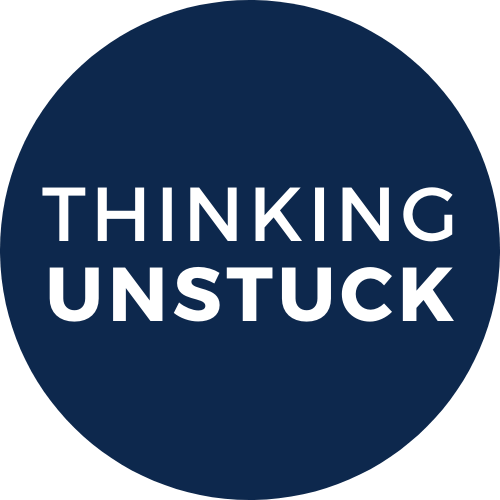Marketing in an era of profound uncertainty
The great screenwriter William Goldman wrote that “In Hollywood, no-one knows anything.” By which he meant that there was really no formula for a popular movie and that relying on what had worked before was no guarantee of future success.
And that is what the marketing world feels like to me right now.
We have been plunged from daylight into the most profound darkness and none of us – not one of us – can predict with any certainty how this is going to play out.
So, with that proviso, and openly lacking anything approximating to a crystal ball, here are the three things that I think that we can say about these new times.
1. Analogies with the past will be of limited use and may actually be misleading
In times of uncertainty, our brains cast around for frames of reference to help us make sense of all the newness. And in normal times, analogies, while by definition never perfect, can often be enormously helpful and surprisingly accurate. But when what we are experiencing is – quite literally – unprecedented, the analogies that we reach for instinctively will inevitably fail us by bigger margins, albeit in different ways.
It will be like the war (which war? do you remember the war? I certainly don’t) – but then again it won’t. WW2 was a time of dirigiste government, for sure, but also a time of truly massive economic activity. And the pubs and restaurants were very much open, not shut, as were the cinemas and concert halls. Despite the black-out and rationing (forgive me my Britishness), life for most people went on as normal. That is not at all true today.
It will be like the Great Recession (I think we all remember that) – but then again it won’t.
That was caused by financial recklessness on a truly massive – some might say almost criminal – scale. Despite the lingering weaknesses in the financial system, this is not that. There was no credit crunch and no shortage of demand in the world that led to the slowdown.
The best analogy I have seen so far is Paul Krugman’s suggestion of disaster relief. But even that is only partially accurate. We are in a world without maps and we need to get our heads around that. Only then can we deal with what is actually in front of us.
2. There is a limit to what brands can do
Brands have a role to play right now but it’s not the one that I expect many of the brand purpose believers might hope.
The fascination with brand purpose over the past decade has led to the intellectually dubious idea that brands are primarily here to do good in the world. While this may flatter our sense of self-importance as brand stewards, it has always seemed to me to be (at best) a fair-weather viewpoint.
I have long believed that the main role of brands is to help us to navigate the complexity of modern life in as frictionless a way as possible by engaging Kahneman’s System 1 (fast) thinking. In a nutshell, they reduce our cognitive load, and right now that sounds like a pretty good thing when we are all frantically engaged in large amounts of effortful System 2 (slow) thinking as we process all the new challenges and decisions that face us.
Brands can offer an important sense of continuity to people at this time of great disruption. And the point is that they can achieve that mostly by just being there, by being themselves and by continuing to advertise, in a brand-building, not activation way. (If only there were more brands with instantly recognizable campaign devices that they could deploy to help them in this, but…well, we are where we are.)
3. It will be hard to be right, easier to be wrong.
My LinkedIn feed is currently choked with apparently great brand ‘acts’ that will doubtless be clogging the awards juries next year but likely do nothing for either the brand’s long-term health or the human consequences of the pandemic – but of course they do draw attention to the people who came up with them.
My view is that brands should think very, very carefully before entering the Covid-19 fray right now. They should stick to what they know and what they are good at. If in doubt, choose the route of the model citizen. (This is especially true of corporations who are shamelessly going cap-in-hand to governments having spent the last few years blowing billions of dollars on stock buybacks.)
Right now, brands don’t need to make grand gestures. Especially grand gestures that might backfire on them.
Nobody wants to be the clown at the funeral.

